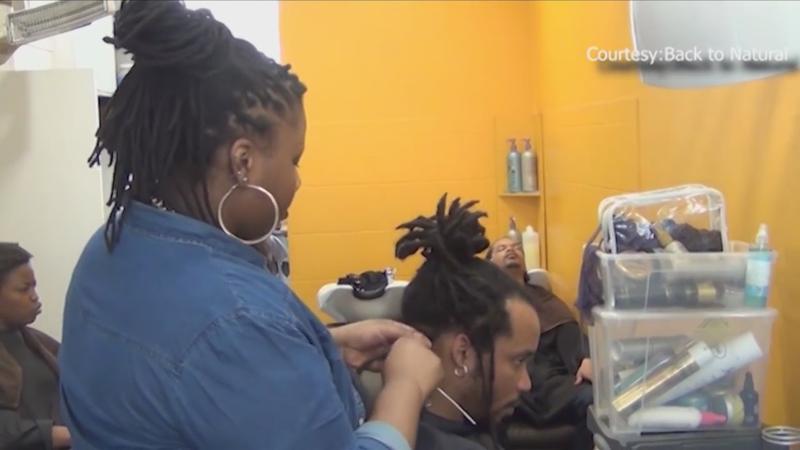‘The Crown Act’ expands definition of racial discrimination, according to legal expert
[anvplayer video=”5045913″ station=”998131″]
ROCHESTER, N.Y. (WHEC) — The Crown Act, a federal bill introduced to Congress by New York Senator Kirsten Gillibrand and New Jersey Senator Cory Booker this week, broadens the meaning of racial discrimination.
"Women or men who wear their hair in braids or locs, twists, knots, things of that nature often experience adverse reactions, hearing that their hair is unprofessional or that it’s inappropriate for the workplace," said Kimberly Harding, labor and employment partner with Nixon Peabody. "The Crown Act being proposed basically expands the definition of racial discrimination, to include discrimination on the basis of hair texture or protected hairstyles."
The new law might look familiar to New Yorkers. A similar state law was signed by Governor Cuomo in July 2019, making New York one of the first states in the country to adopt such legislation.
Sosa is a lead barber at Felix Barbershop on North Clinton Ave in the City of Rochester. He hears stories from his clients about having difficulty getting or keeping jobs because of their hairstyles.
"When you apply for a job, it’s a little bit more critical because there’s people that judge you. Like for example, the client that just walked in. Braids," said Sosa.

[News10NBC]
If passed, the bill would make it unlawful for employees to be treated differently because of their hairstyle. It seeks to amend Title 7, which prohibits discrimination based on race.
"Just having long hair, or discriminating or having rules related to those with ‘long hair’ would not be prohibited,” said Harding. “I can think of many situations like manufacturing facilities or other safety-sensitive positions."
There are some protections for employers in the bill as well. If an employer has a legitimate, non-discriminatory safety concern, they can still legally create policies about how employees should wear their hair.
"There’s a world full of employees, you just gotta give people a chance,” said Sosa. “So, I feel like hair discrimination is not the way to go."